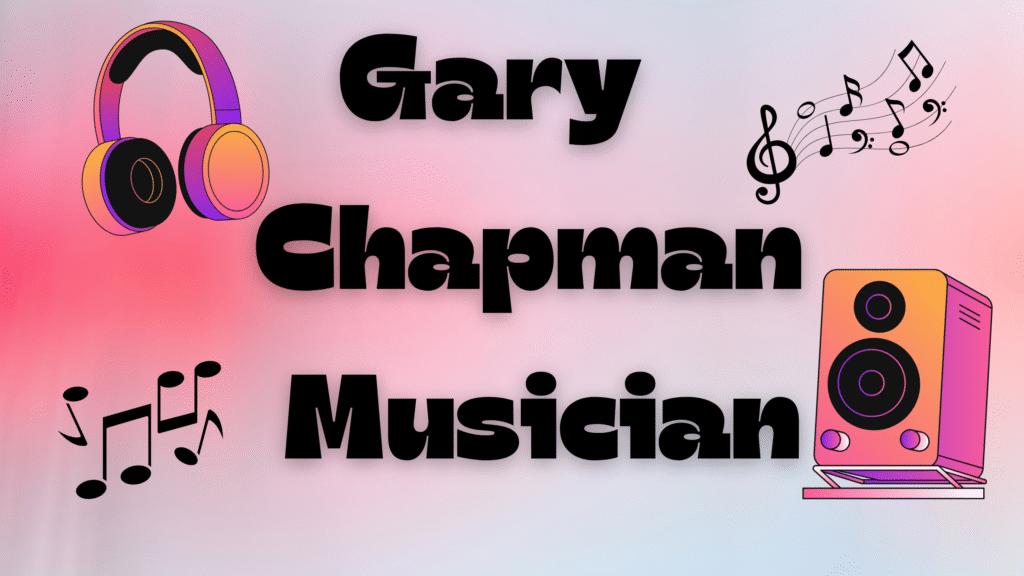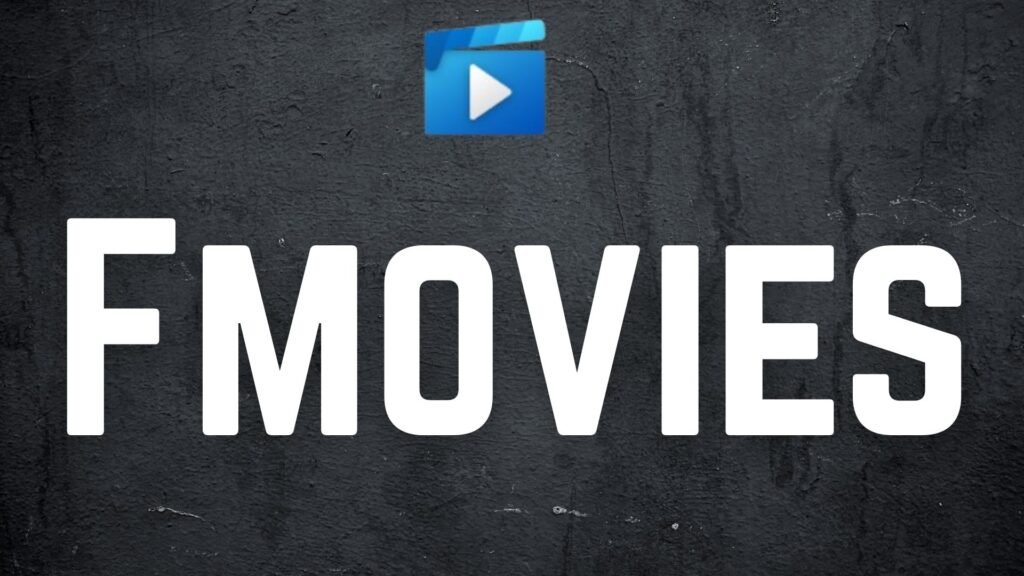How Gary Chapman Musician Turned Faith-Driven Stories into Platinum Hits

Gary Chapman musician is a phrase that now signals platinum records, Dove Awards, and a résumé that winds through virtually every corner of contemporary Christian and country music. Before he was a household name, however, Gary Chapman Musician was simply the preacher’s kid who learned that hymns could hold the same emotional voltage as any chart-topping pop song. Born in Waurika, Oklahoma, in 1957 and reared on nightly church services in De Leon, Texas, Gary Chapman Musician absorbed scripture and song in equal measure. He once quipped that the King James cadence taught him prosody long before he could spell the word. Those early years forged two lifelong themes: a reverence for narrative truth and an instinctive ear for melody that could walk comfortably between the pew and barroom stage. The boy who sang gospel trios with family members was already, without knowing it, testing lyrics against the lived experience of the congregation. This audience lets you know in real time whether the story rang true.
Table of Contents
From Nashville Sessions to Platinum Plaques
Gary Chapman Musician official Nashville baptism came in 1979, when he arrived with a beat-up guitar, a fistful of demos, and the phone number of producer Brown Bannister scrawled on an envelope. Session gigs followed, but his first seismic break was penning “Father’s Eyes,” the 1979 hit that propelled then-newcomer Amy Grant into CCM prominence. Within five years, he was not only writing but touring arenas as a solo act, delivering 1981’s Runaway Train and a stream of singles that fused country twang with Sunday-morning theology. The critical mass hit in 1994 with The Light Inside, a record that produced the No. 1 single “Sweet Glow of Mercy” and earned two Dove Awards. By the late 1990s, Gary Chapman Musician had racked up seven Dove trophies overall and five Grammy nominations, cementing him as the rare songwriter respected by both Christian radio programmers and Nashville’s country hitmakers. Log in or sign up to view
Writing Faith into Mainstream Country and CCM
If platinum plaques measure popularity, Gary Chapman Musician measures success by how deeply a lyric lands. He once told The Tennessee Star that he plays “the same songs in churches that I do in the bar” because the gospel works everywhere people wrestle with doubt. Tennessee Star: That philosophy explains why so many of his compositions feel less like sermons and more like three-minute short stories. “Finally,” later covered by T.G. Sheppard, sneaks a salvation message into a love ballad; “Man After Your Own Heart” paraphrases King David without an ounce of pulpit jargon; and his Christmas evergreen “Tennessee Christmas”—co-written with then-wife Amy Grant—wraps homespun nostalgia around the Incarnation narrative. Chapman’s melodic choices mirror that lyrical balance: steel guitars bend toward country authenticity while Hammond B-3 swells nod to Sunday morning’s altar call. In an era when Christian artists often faced crossover suspicion, Chapman proved a song could be unmistakably faith-driven and radio-ready at once.
Mentor, Host, and Collaborator Beyond the Mic
By the 2000s, “Gary Chapman musician” meant far more than “touring artist.” He became a high-profile host on TNN’s flagship variety program Prime Time Country and later helmed the Sam’s Place concert series at Nashville’s historic Ryman Auditorium. Those platforms turned him into the spiritual uncle of Music Row—an interviewer who let guests talk craft and conviction in the same breath. Off-camera, he mentored a generation of writers, co-writing with everyone from Kenny Rogers to contemporary worship leaders. Chapman’s collaborative ethic sprang from the conviction that good theology and good art demand community. Younger colleagues recall writing sessions where Gary Chapman Musician would stop mid-bridge from asking, “Are we telling the truth, or just rhyming words?”—a gut check that refined countless songs before they ever hit Pro Tools.

Reinventing in the Streaming Era
Where many legacy CCM artists faded when physical album sales collapsed, Gary Chapman Musician pivoted. He launched an independent label arm, crowd-funded projects through social platforms, and live-streamed “bus life” jam sessions that now pull six-figure view counts on Facebook. Log in or sign up to view log in or sign up to view The stripped-down videos—often just Chapman, a Martin acoustic, and a roadside backdrop—reveal both a canny grasp of digital virality and a return to the coffee-house intimacy that first honed his storytelling instincts. Recent singles like “Turbulent Truth” tackle cultural polarization head-on, proving he’s still more interested in candour than commercial safety. And while Spotify algorithms now decide much of an artist’s fate, Gary Chapman Musician has doubled down on touring intimate venues ranging “from churches to bars” with the same set list, comfortable that an honest lyric survives any algorithm. Tennessee Star
Lasting Legacy: Why Chapman Still Matters
Strip away the gold records, and Gary Chapman Musician influence is perhaps best measured in how casually younger writers cite him. Theologians appreciate that he can smuggle Pauline epistles into a country-rock shuffle; producers admire the way he stacks root-syllable consonants so that a chorus punches even on small club PAs; pastors note that his songs “preach” without preaching. In practical terms, Chapman expanded the market for faith-anchored music by proving it could achieve mainstream excellence without theological compromise. His career arc foreshadowed today’s genre-fluid marketplace, where Lauren Daigle can top adult-contemporary charts, and for-King-and-Country can duet with Dolly Parton. Chapman walked that bridge first—and left it wide open.
FAQs About Gary Chapman Musician
1. What is Gary Chapman’s biggest commercial hit?
While Chapman has numerous charting singles, his co-write “Father’s Eyes,” made famous by Amy Grant in 1979, remains his most catalytic commercial success. The song not only topped Christian charts but also introduced CCM to a mainstream audience hungry for spiritually honest pop.
2. How many awards has Gary Chapman won?
To date, Gary Chapman has earned seven Dove Awards—including Songwriter of the Year—and received five Grammy nominations. These accolades span categories from Contemporary Albums to Country Recorded Songs, underscoring his stylistic range. Log in or sign up to view
3. Is Gary Chapman still touring or releasing new music?
Yes. Chapman continues to tour a mix of churches, listening rooms, and music festivals, often sharing new material through live streams and independently released singles. His recent online “bus life” sessions and 2024 interviews confirm an ongoing creative output. Log in or sign up to viewTennessee Star
4. How does Gary Chapman’s songwriting process integrate faith themes?
Chapman begins with story and character, then asks where faith naturally intersects. Rather than inserting overt doctrine, he layers biblical allusion into everyday scenarios, trusting the listener to excavate deeper meaning—an approach he likens to Jesus’ parables.
5. What sets Gary Chapman apart from other CCM artists of his era?
Two qualities stand out: genre permeability and narrative rigour. Chapman refused to silo himself within Christian radio, collaborating freely with mainstream country artists, and he treats each song as a short story whose theology must be earned, not assumed. That combination carved a unique lane that remains influential for artists straddling sacred and secular spaces today.











